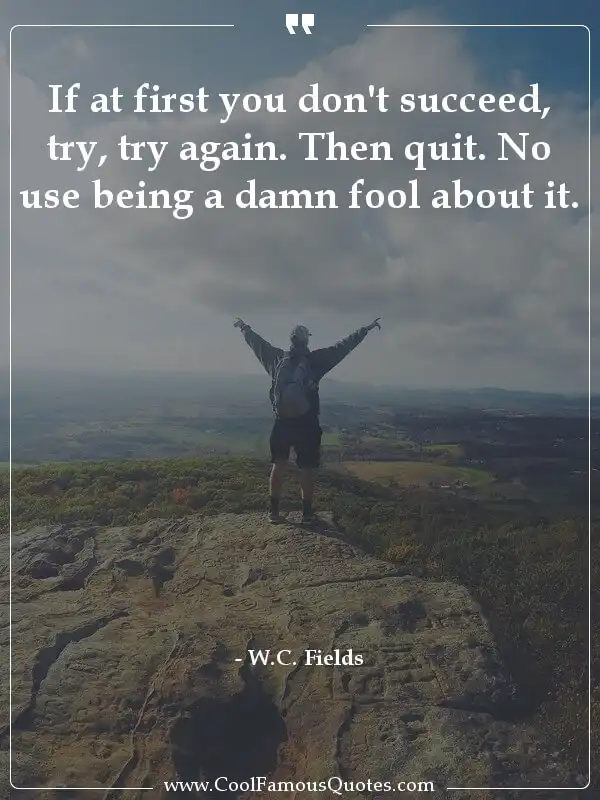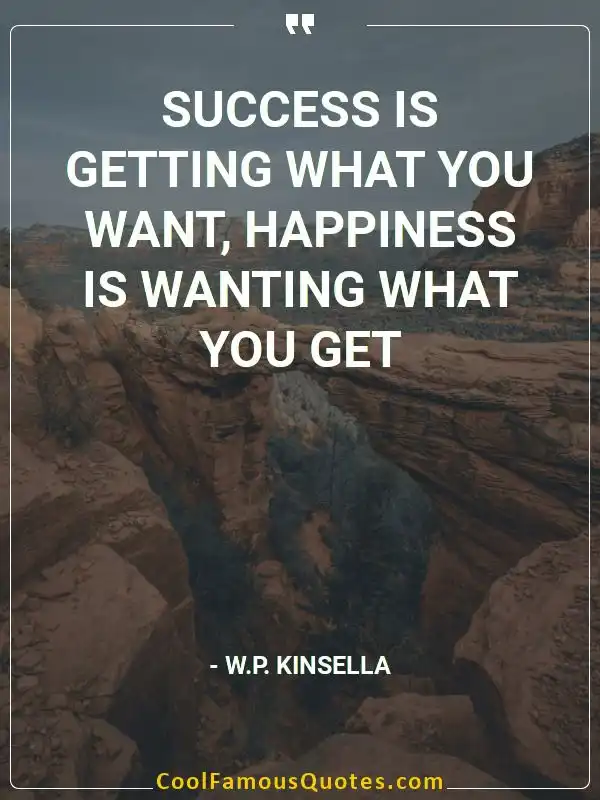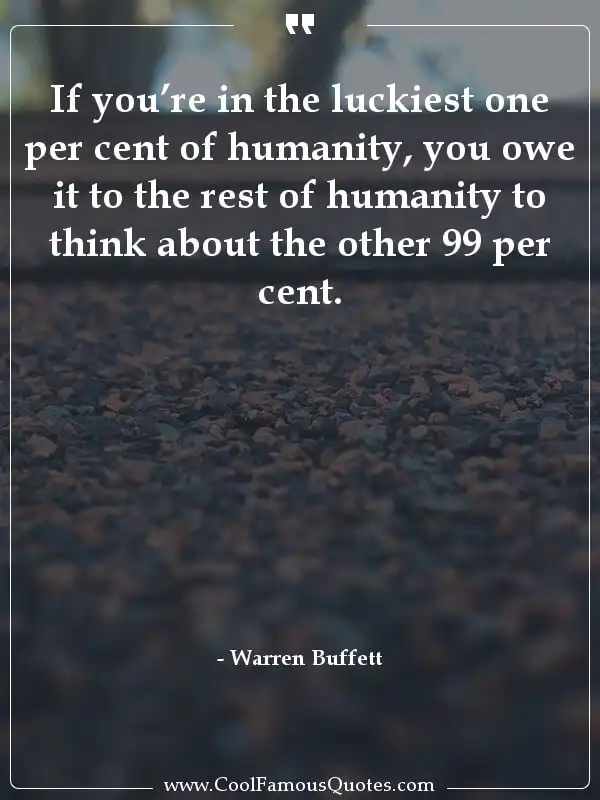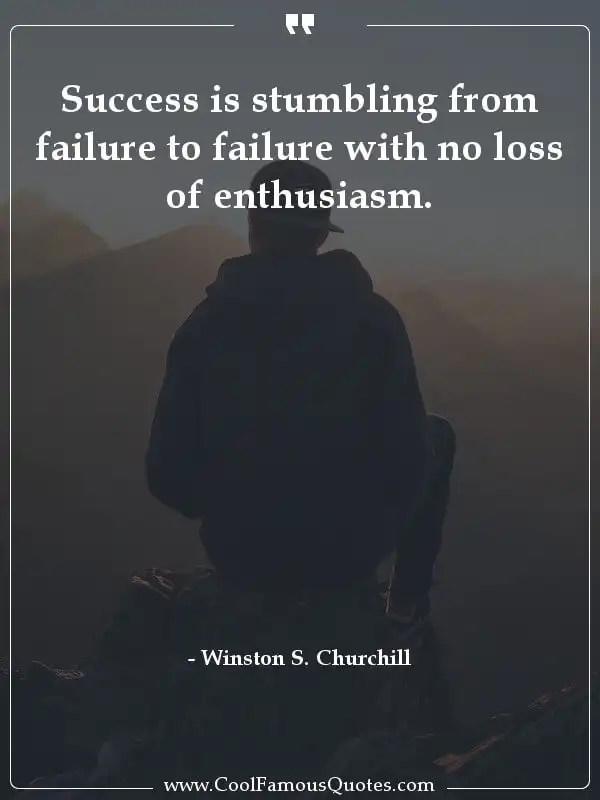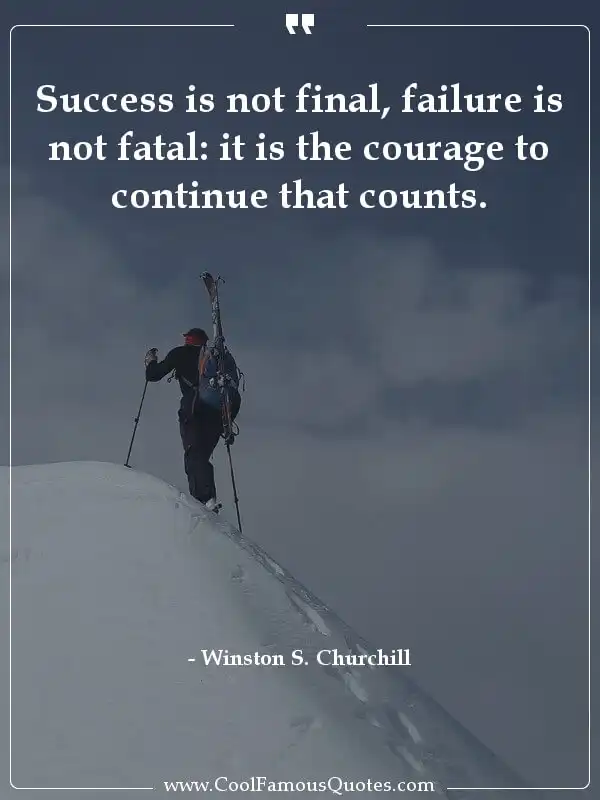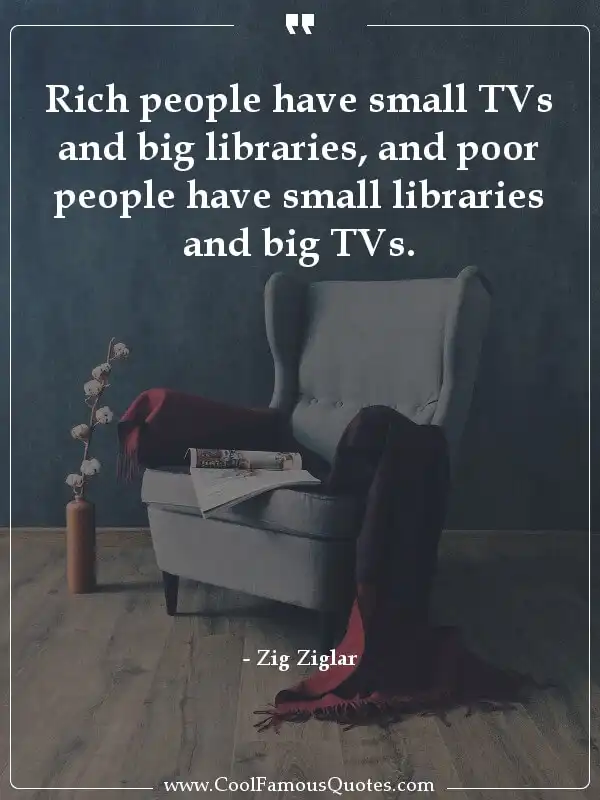“Then why do you want to know? Because learning does not consist only of knowing what we must or we can do, but also of knowing what we could do and perhaps should not do.”
Decryption of quote
Why do you want to know? This question may seem simple at first glance, but its implications run deep. It challenges us to reflect on our motivations for seeking knowledge and understanding. Are we seeking information for the sake of personal gain, curiosity, or a desire to make a positive impact on the world?
Because learning does not consist only of knowing what we must or we can do, but also of understanding the boundaries of our abilities and responsibilities. It is not enough to simply acquire knowledge of what is possible or necessary. True learning involves a deeper exploration of our potential and the ethical considerations that come with it.
But also of knowing what we could do and perhaps should not do. This part of the quote reminds us that with great power comes great responsibility. Just because we have the ability to do something, does not mean that we should. It is important to consider the consequences of our actions and make informed decisions based on ethical principles.
As humans, we are constantly faced with choices that require us to weigh the benefits and risks of our actions. It is not enough to simply act on impulse or instinct. We must engage in critical thinking and moral reasoning to navigate the complexities of the world around us.
By understanding what we could do but perhaps should not do, we demonstrate wisdom and maturity. It shows that we are capable of self-control and restraint, even in the face of temptation or opportunity. This level of self-awareness is essential for personal growth and ethical decision-making.
Ultimately, true learning is not just about acquiring knowledge, but about developing a deeper understanding of ourselves and our place in the world. It is about recognizing our potential for both good and harm, and making conscious choices that align with our values and beliefs.
So, the next time you seek knowledge or information, ask yourself why you want to know. Consider not only what you can do, but also what you should do. By approaching learning with a sense of responsibility and ethical awareness, you can truly harness the power of knowledge for the greater good.
knowledge learning understanding
